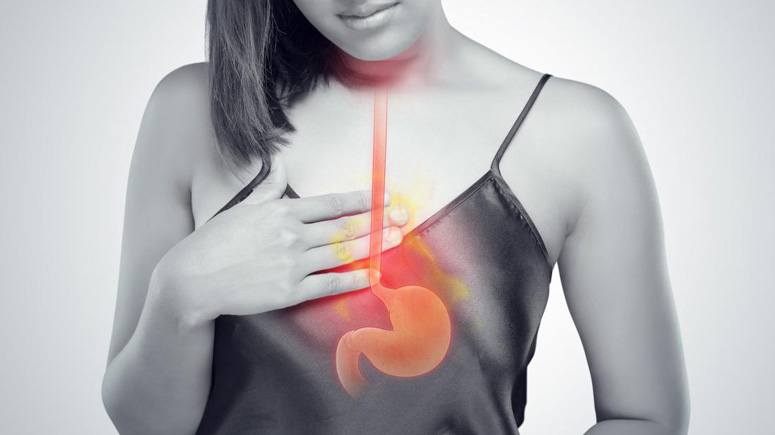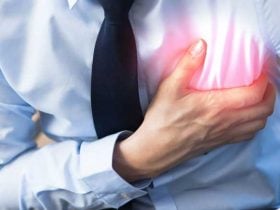Chest pain, also known as angina, is discomfort in the chest. It can be a dull ache, a burning sensation, or a sharp stabbing pain that extends to the neck or shoulder. It is best to visit a health expert when you start to experience any symptoms of chest pain. You must ensure that you are not risking your life by ignoring the signs of a potentially life-threatening condition.
Possible Causes of Chest Pain

This condition may or may not be due to an underlying illness. Physical activities can trigger angina, such as heavy lifting, high-intensity workouts (weightlifting), a blow or hit to the chest, and swallowing a big chunk of food. Chest pain can be recurrent, lasting for a few minutes or over several days. There is no doubt that angina can be a sign of a serious health condition. The cause may be related to problems in the cardiovascular system, muscular system, or digestive tract. Psychological problems like anxiety and depression can also trigger chest pain. The underlying cause of angina may be a less serious condition, such as acid reflux. Or, it may be serious and indicate a life-threatening condition like a heart attack.
Non-cardiac chest pain can be caused by a malfunction in the digestive system, such as gastroesophageal reflux disease (GERD). Other causes include pulled chest muscles, bone problems (ribs and sternum), lung diseases, stomach problems, and stress. Psychological factors also play a role in triggering angina, including anxiety and depression.
The cause of your chest pain determines the seriousness of treatment. To prevent heartburn, caused by gastroesophageal reflux disease (GERD), it is best to maintain an upright position for up to two hours after each meal. Avoiding triggering foods like fats, sweets, and citrus fruits may also help. Heartburn is a burning sensation in the chest area, and common medications for it are called antacids. They come in different brand names, but they provide immediate relief to heartburns. Some other medications, including omeprazole and ranitidine may be prescribed by your doctor to treat chest pain. These drugs do not provide immediate relief like antacids, but they are more effective with long-lasting results.













